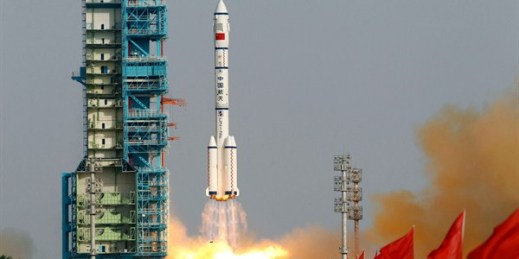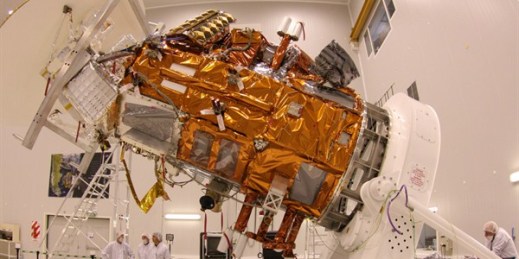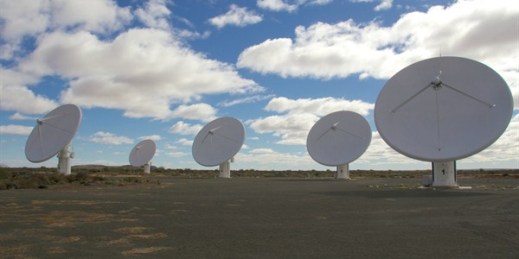
Editor’s note: This article is part of an ongoing WPR series on a range of countries’ space priorities and programs. Last month, China successfully recovered an experimental probe that landed in Mongolia after being launched from a next-generation rocket, the Long March 7. The launch keeps China on target to put its second space station into orbit later this year. In an email interview, Vincent Sabathier, president of Sabathier Consulting, discusses China’s space program. WPR: What are China’s space capabilities, in terms of its space-industrial complex, and who are its major international partners, in terms of space diplomacy and commercial […]


